The case is closed, but the questions are more open than ever.
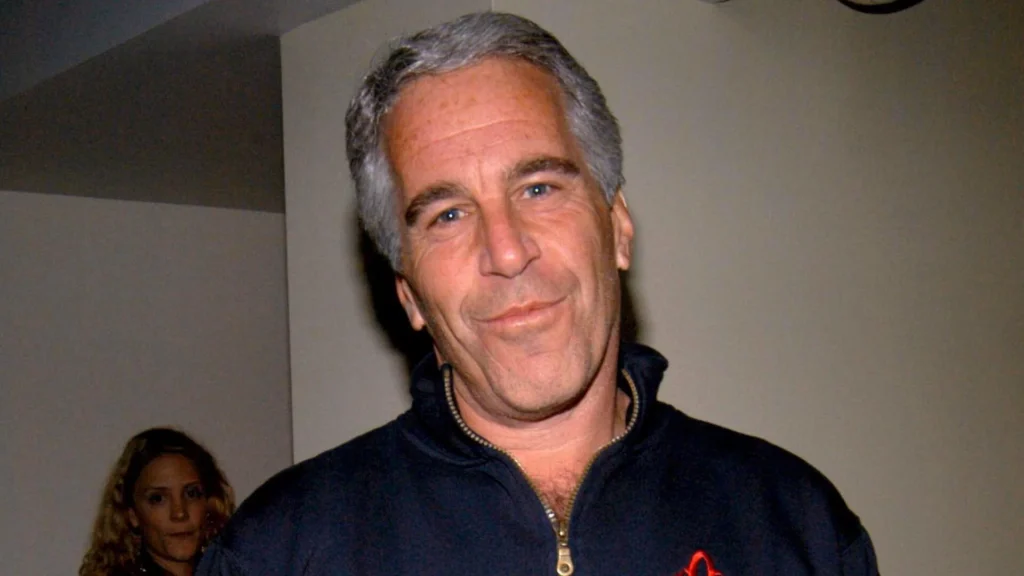
Years after the death of Jeffrey Epstein and the conviction of his accomplice Ghislaine Maxwell, it can be tempting to relegate the entire sordid affair to the history books. The main players are gone, and the headlines have moved on. But the Epstein case was never just about the depraved crimes of a few individuals; it was about the systems of power and protection that allowed those crimes to flourish for decades.
The fallout is far from over, and the questions it raised about wealth, power, and institutional corruption are more relevant in 2025 than ever before.
1. The full list of powerful associates has never been revealed.

One of the most enduring and disturbing aspects of the Epstein case is the simple fact that the public still does not know the full extent of his network. While a few high-profile names have been released, many of the documents from lawsuits containing the names of other powerful men who participated in or facilitated his sex trafficking ring remain under seal.
This lack of transparency fuels a deep public distrust and leaves a cloud of suspicion hanging over countless powerful figures, CNN reports. The fact that the full truth has been legally shielded from view suggests that the system is still protecting the guilty, a deeply unsettling reality.
2. It exposed a system of elite impunity.
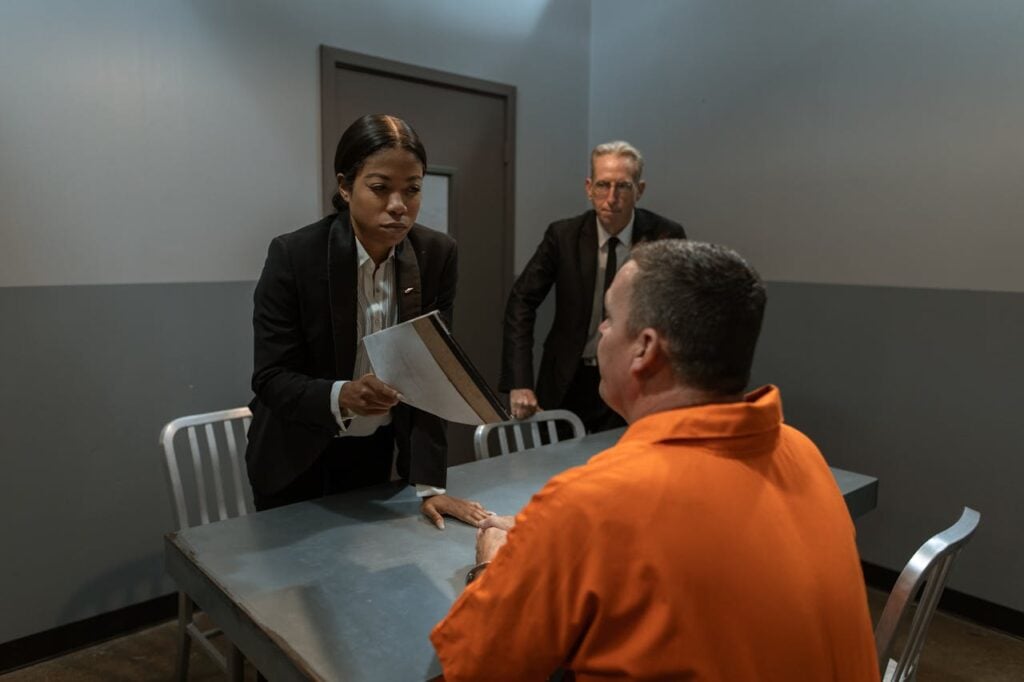
The Epstein case provided a horrifying, real-world look at how extreme wealth and powerful connections can create a shield of impunity. For decades, Epstein and his associates operated in plain sight, with their activities being an open secret in many elite circles, as mentioned by BBC. They were protected by a web of high-powered lawyers, financial institutions, and influential friends who looked the other way.
His initial sweetheart deal in Florida, which allowed him to escape serious federal charges, was a testament to this system. The case still matters because it serves as a permanent and infuriating reminder that there are often two systems of justice in America: one for the rich and powerful, and one for everyone else.
3. The victims are still fighting for justice.
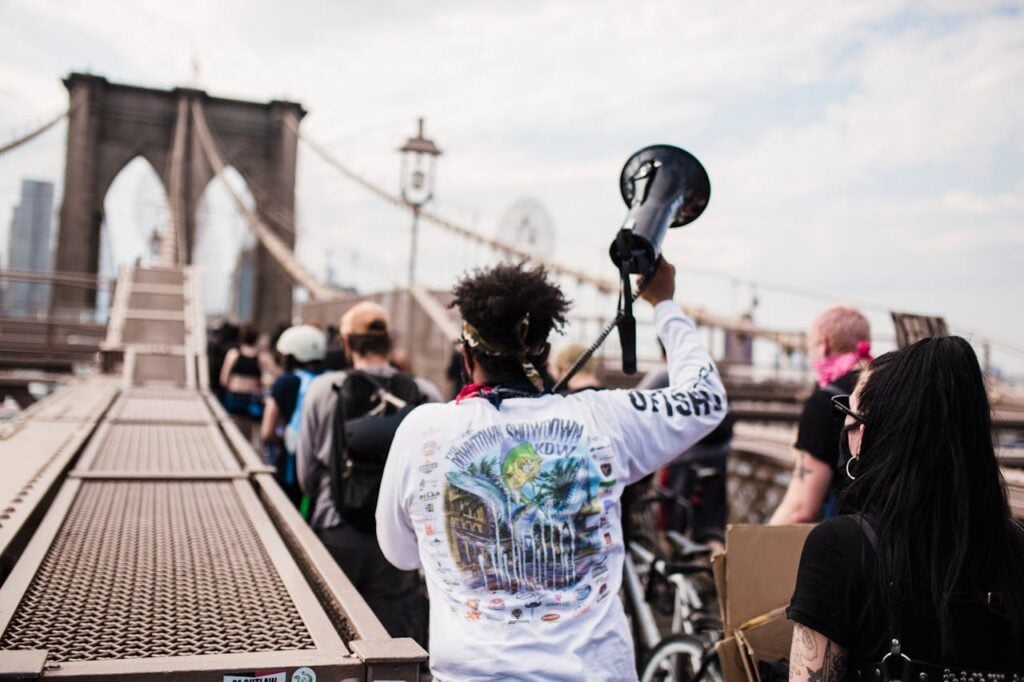
While Epstein and Maxwell have been stopped, the story is far from over for the hundreds of women who were victimized by their trafficking ring. Many of these survivors are still engaged in legal battles, fighting for compensation and accountability from the institutions and individuals who enabled their abuse, as stated by ABC News. Their trauma is a lifelong burden, and their fight for justice continues every single day.
Their ongoing courage in speaking out and pursuing legal action is a critical part of the fallout. It ensures that the story is not forgotten and keeps the pressure on the legal system to continue investigating and to hold all of the responsible parties accountable.
4. Ghislaine Maxwell has not revealed the full story.
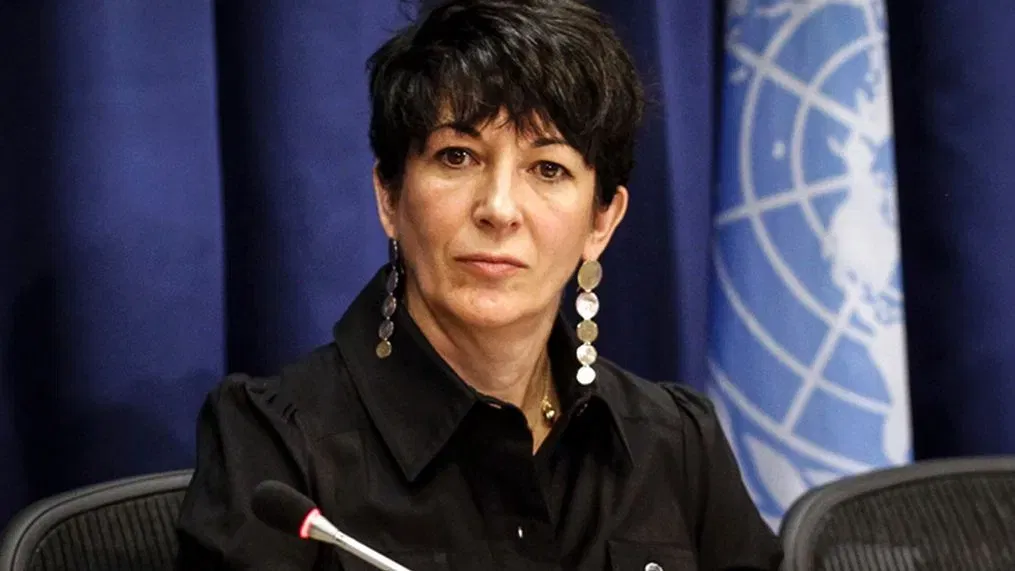
The conviction of Ghislaine Maxwell was a major victory for the victims, but it did not provide the full closure many were hoping for. Throughout her trial and imprisonment, Maxwell has remained tight-lipped, refusing to name other co-conspirators or to provide details about the full scope and scale of the international trafficking operation she helped to run for so many years.
Her silence leaves a host of critical questions unanswered. Who were the other recruiters? Who were the other powerful men who participated? By protecting the network’s secrets, she has ensured that the full truth remains buried, leaving a cloud of suspicion and preventing complete justice from being served.
5. His death in custody remains a source of deep suspicion.
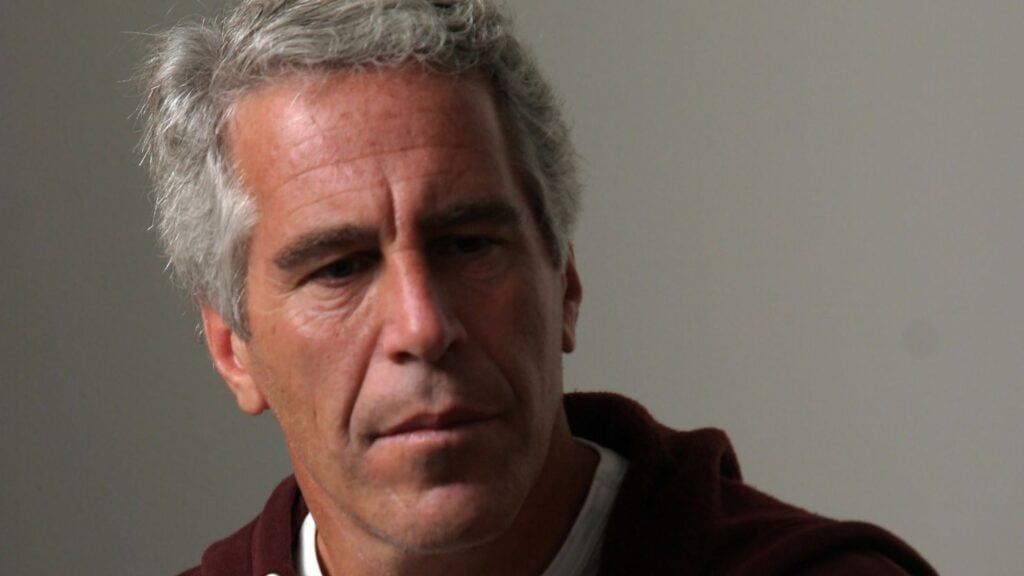
The official ruling that Jeffrey Epstein died by suicide in his jail cell is a conclusion that a huge portion of the American public simply does not believe. The litany of security failures at the high-security federal facility on the night of his death, from malfunctioning cameras to sleeping guards, has fueled a powerful and persistent wave of conspiracy theories.
This unresolved suspicion has had a corrosive effect on public trust in institutions like the Department of Justice. The feeling that he was silenced to protect others is a major part of the case’s dark legacy and why it continues to fascinate and disturb so many people.
6. The role of major banks is still being untangled.
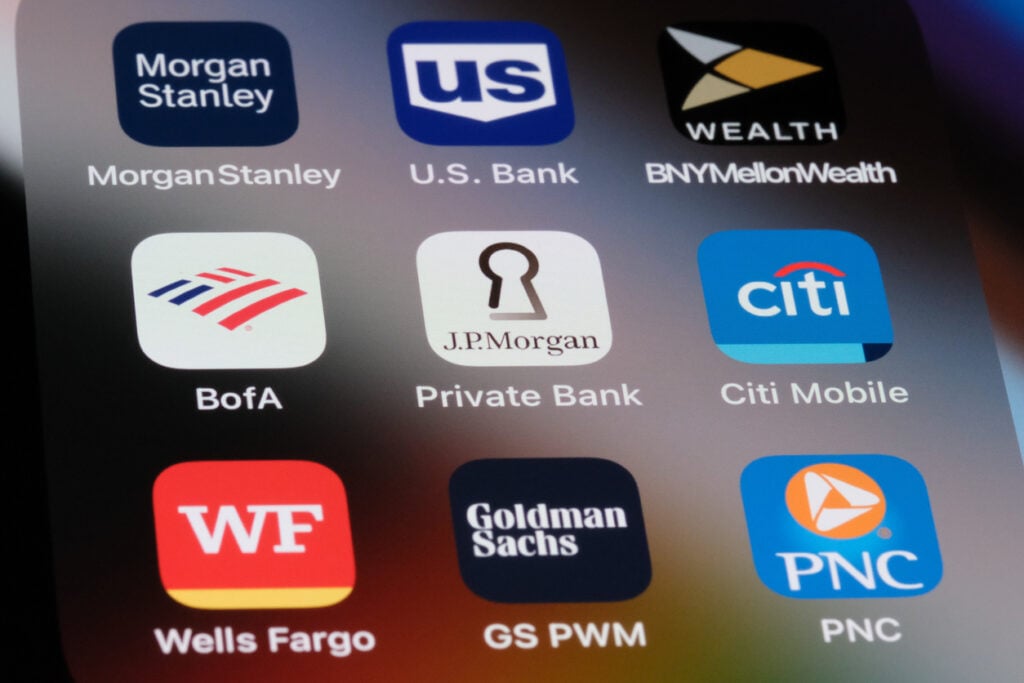
The Epstein network could not have functioned without the complicity, whether intentional or negligent, of major financial institutions. In the years since his death, banks like JPMorgan Chase and Deutsche Bank have faced massive lawsuits and have paid hundreds of millions of dollars to settle claims that they ignored obvious red flags and knowingly facilitated his sex trafficking operation.
This fallout continues to expose the dark underbelly of the global financial system. It shows how the promise of massive profits can lead even the most respected institutions to turn a blind eye to criminal activity, raising profound questions about accountability in the corporate world.
7. It serves as a blueprint for modern conspiracy theories.

The Jeffrey Epstein case is a rare example of a “conspiracy theory” that turned out to be largely true: a secret, powerful network of elites was indeed engaging in a massive criminal conspiracy. The proven reality of this case has had the unfortunate side effect of blurring the lines between credible investigation and baseless speculation for a cynical public.
Because the Epstein conspiracy was real, it has made other, more outlandish theories seem more plausible. The case has become a central touchstone in the modern conspiratorial worldview, a dark and disturbing example that is now used to fuel a host of other, less-grounded narratives.
8. The blackmail and intelligence questions have never been answered.
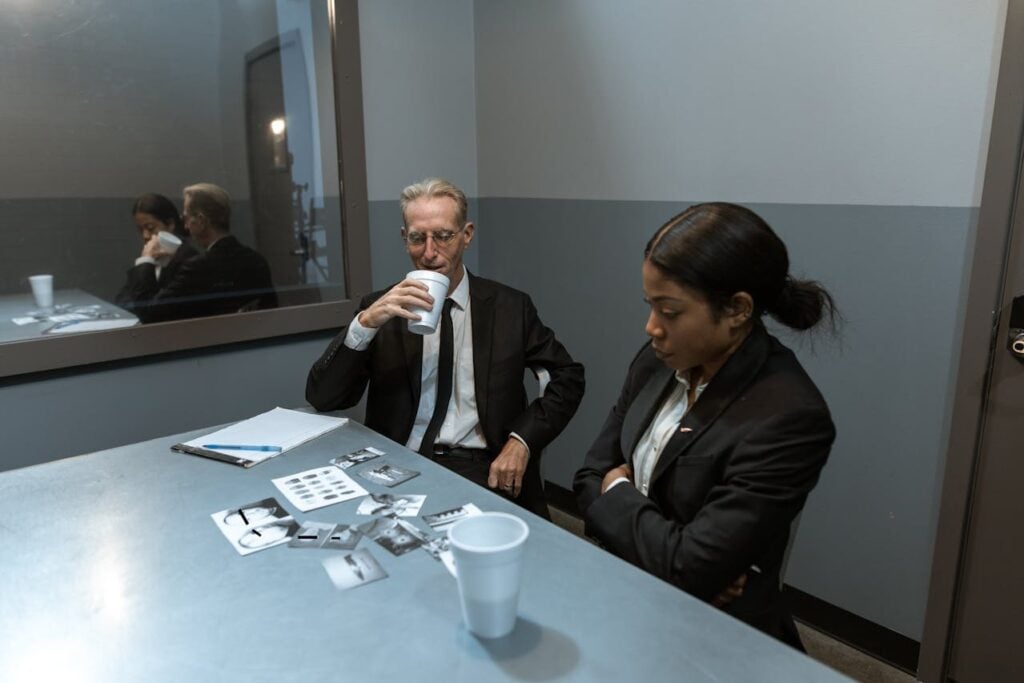
One of the most chilling and unresolved aspects of the Epstein saga is the widespread speculation that his trafficking operation was not just for his own gratification, but was also a sophisticated “honeypot” blackmail scheme. The theory is that the numerous hidden cameras in his properties were used to record powerful individuals in compromising situations, with the resulting tapes used for leverage.
There is also speculation that this was connected to foreign intelligence operations. While this has never been proven, the possibility that the network had a deeper, political purpose is a key reason why the case continues to hold such a powerful and disturbing grip on the public imagination.
9. It has permanently changed our view of the ultra-wealthy.

The case has shattered the myth of the benevolent, jet-setting philanthropist. The sheer number of respected figures from the worlds of finance, politics, academia, and royalty who were associated with Epstein has created a deep and lasting cynicism about the private lives and morals of the global elite. It has cast a dark shadow over the entire world of high society.
The public is now much more skeptical of the carefully crafted public images of the ultra-wealthy. The Epstein case provided a horrifying glimpse behind the curtain, and it’s a sight the public will never forget.
10. The fight against human trafficking has been re-energized.

One of the few positive aspects of the fallout is that the immense public attention on the Epstein case has brought the issue of human trafficking into the spotlight in a powerful way. It has helped to educate the public about the signs of trafficking and has put pressure on law enforcement agencies to take the issue more seriously.
The case has empowered more survivors of trafficking to come forward with their own stories and has led to a re-energizing of the advocacy groups who are fighting to end this horrific crime. It has served as a brutal wake-up call for the entire world.
11. It showed the power of investigative journalism.
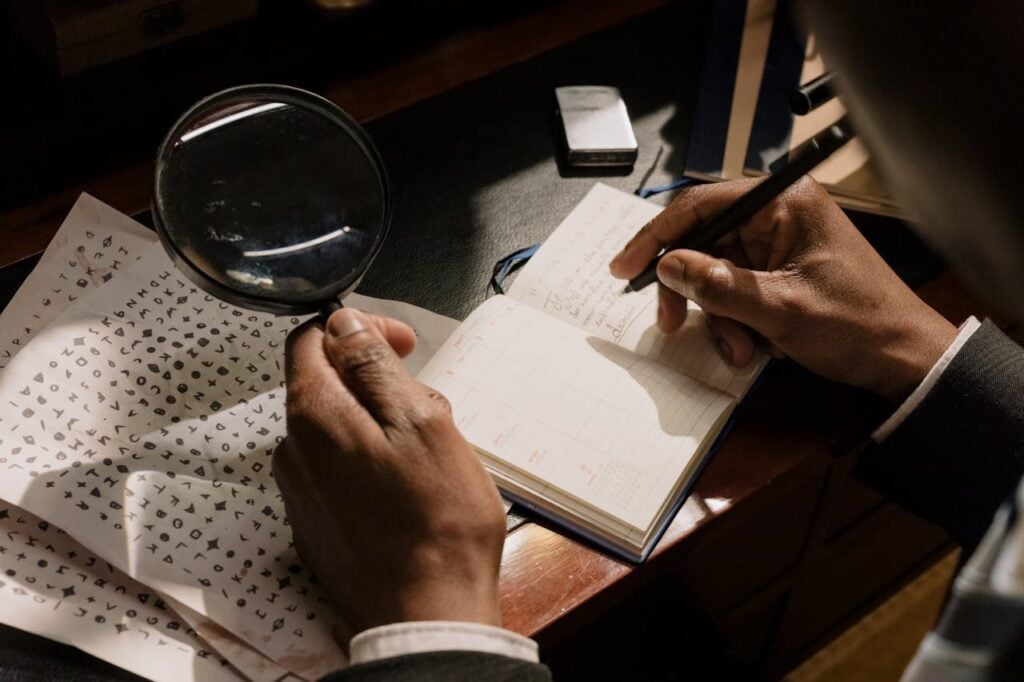
In an era of declining trust in the media, the Epstein case was a stunning example of the power of determined, old-school investigative journalism. The initial reporting by Julie K. Brown of the Miami Herald is what blew the case back open, exposing the secret deal that had allowed Epstein to escape justice for so long.
Her work, and the work of other journalists who followed, is what ultimately led to Epstein’s re-arrest and the conviction of Ghislaine Maxwell. It is a powerful reminder that a free and aggressive press is one of the most essential tools we have for holding the powerful accountable.
